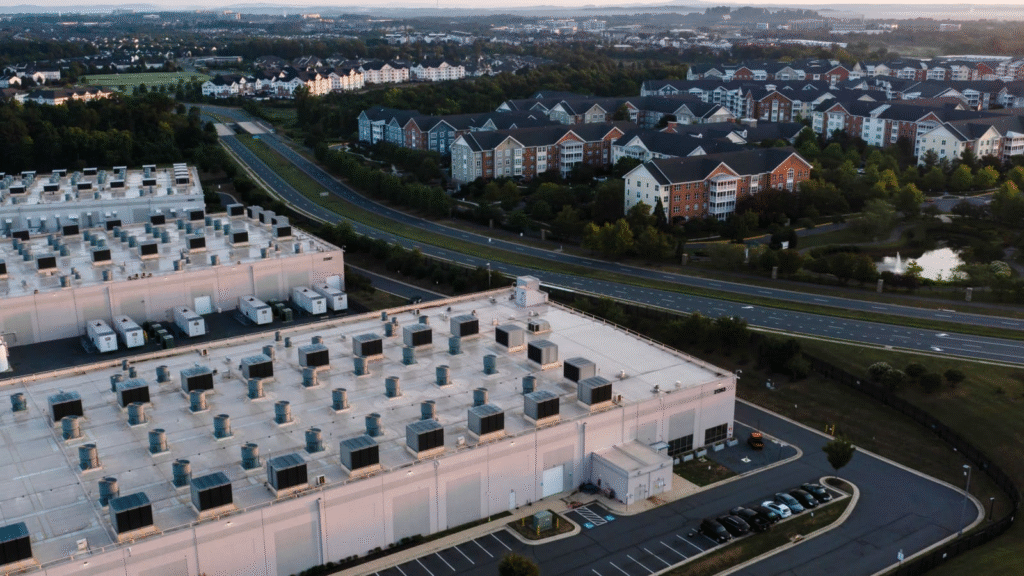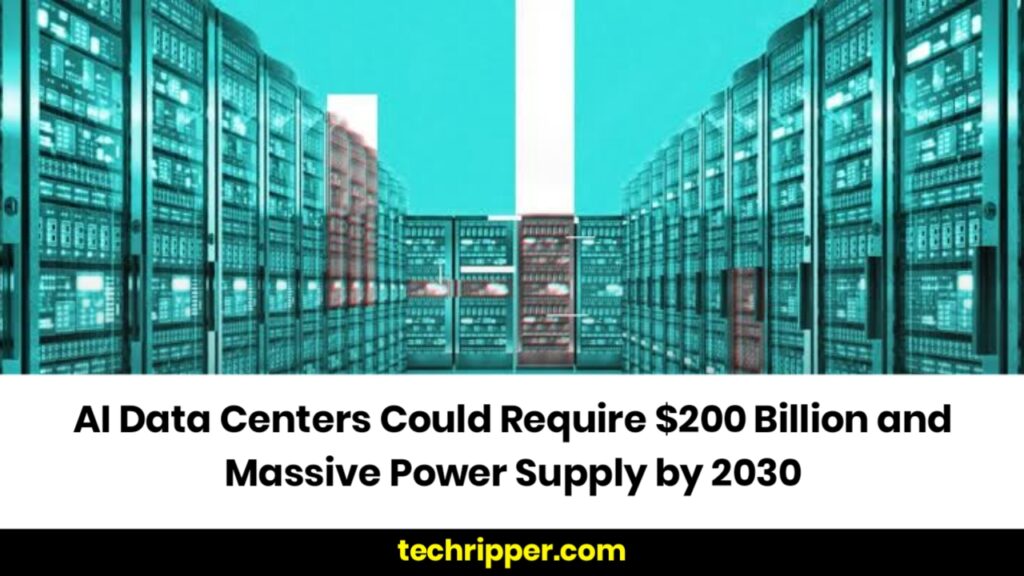AI data centers, essential for training and running artificial intelligence, are projected to become increasingly expensive and resource-intensive, potentially costing up to $200 billion within six years. A new study from Georgetown, Epoch AI, and Rand highlights the rapid growth of AI data centers globally from 2019 to 2025, emphasizing that both computational performance and power demands are increasing at an accelerated pace.
The study analyzed over 500 AI data center projects and found that while computational performance is doubling annually, so are power requirements and capital expenditures. These data centers are anticipated to house millions of chips and require energy equivalent to that of a large city’s electricity grid.
OpenAI, currently serving around 10% of the world’s population through its ChatGPT platform, is collaborating with SoftBank and others to raise up to $500 billion for AI data center infrastructure in the U.S. and possibly beyond. Similarly, tech giants like Microsoft, Google, and AWS have pledged hundreds of millions of dollars this year alone for expanding their data center footprints.
Despite advancements in energy efficiency, data centers still face escalating energy demands. For example, xAI’s Colossus, which costs approximately $7 billion, draws 300 megawatts of power, enough for 250,000 households. By June 2030, the leading AI data center may have 2 million AI chips, require 9 GW of power—roughly the output of nine nuclear reactors—and cost $200 billion.

The growing strain on power grids is becoming evident. Energy consumption from data centers is forecasted to grow by 20% by 2030, pushing renewable power sources to their limits and potentially increasing the reliance on non-renewable energy sources like fossil fuels. Additionally, AI data centers are also raising concerns about their environmental impact, such as excessive water consumption, and the loss of valuable real estate and state tax revenue.
Although there are projections that this trend might not fully materialize, recent reports indicate a cooling in the data center market, with some hyperscalers like AWS and Microsoft scaling back projects. Analysts point to the unsustainable expansion of the industry as a key factor in this shift.
Also Read : 19 US-Based Fintech Startups Raised Over $50M in 2025 So Far: Key Highlights

